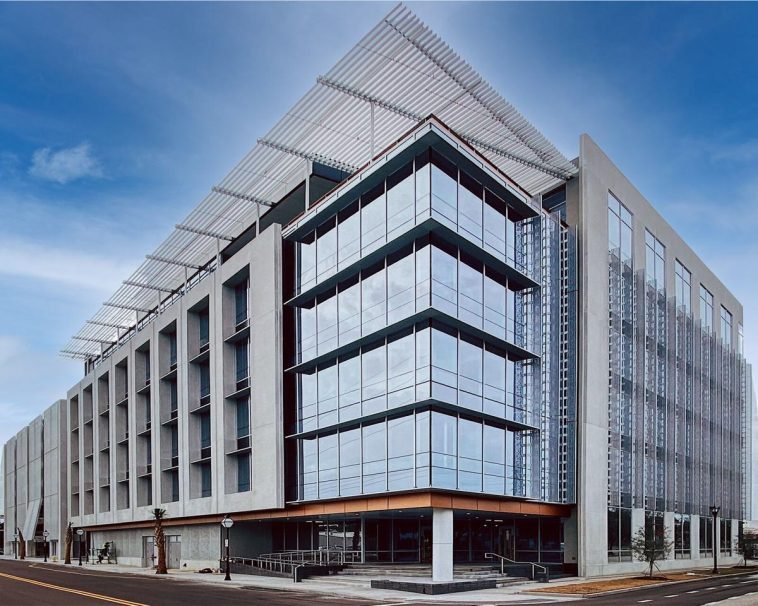Introduction.
Picking the right spot for your business can make or break your success. It’s not just about setting up shop somewhere—it’s about finding a location that gives you the best chance to attract customers, streamline operations, and stand out from your competition.
The location you choose will affect your brand image, the ease with which you connect with your target market, and your ability to keep costs in check. So, how do you pick the right spot?
In this guide, I’ll walk you through the key factors to consider when choosing a location for your business.
Whether you’re opening a retail store, an office, or a restaurant, getting your location right is one of the most crucial decisions you’ll make.
But don’t worry, I’m going to break it all down for you in simple, easy-to-understand terms. We’ll cover everything from the basics like foot traffic to more in-depth stuff like the local market and accessibility.
Plus, I’ll toss in a few frequently asked questions at the end to help cover any additional concerns you might have. Let’s dive in.
How Do I Choose a Good Location For My Business?
1. Target Audience.
You want to choose a location where your target audience already lives, works, or shops. If you’re opening a kids’ clothing store, you probably don’t want to set up in a business district or an area with very few young families. You need to think about who your customers are and where they spend most of their time.
For example, a restaurant targeting professionals might do well in a busy downtown area. On the other hand, a pet store might thrive in a neighbourhood with a lot of dog owners. The key is to put your business where your customers already are.
2. Foot Traffic and Visibility.
Being seen is huge. You can have the best product in the world, but if no one walks by your store or office, they’ll never know about you.
High foot traffic areas—like busy streets, malls, or shopping centers—tend to work well for businesses that rely on passing customers.
You don’t have to go for the flashiest, busiest area (those can be pricey), but you do need to find a spot where people regularly pass by.
Think about places that align with your business’s vibe and where customers are most likely to notice you.
3. Accessibility.
This one’s big. You need to make sure your business is easy to get to. Is there enough parking? Can people easily walk or take public transport to your location?
For brick-and-mortar stores, this is especially important because your customers will appreciate a spot they can get to without hassle.
If you’re operating a service-based business or office, you’ll want to make sure it’s easy for employees and clients to get there, too. A great location isn’t worth much if it’s a nightmare to get to.
4. Competition.
Sometimes, it’s better to be the only business of your kind in the area, but other times, being near your competitors can be a good thing.
Think of it like this: if you’re opening a coffee shop, being near a popular bakery or bookstore might bring in customers who also want a coffee to go with their pastry or book.
However, too much competition can make it harder for you to stand out. Try to find a balance. You want to be close to other businesses that complement yours, but not so close that you’re constantly fighting for the same group of customers.
5. Local Market and Demographics.
Different locations have different vibes and customer profiles. If you’re opening a tech startup, you might want to be close to a university or in an area where the market is tech-savvy.
If you’re opening a fitness center, a neighborhood with young professionals or health-conscious individuals would be ideal.
Get to know the local demographics. Understand the age, income level, and lifestyle of the people who live in the area. This will help you decide if your business fits with the local community.
6. Cost
Cost is always going to be a factor. Rent or property prices vary significantly by location, and it’s important to weigh the cost of the location against the profit potential.
You don’t want to spend too much on rent in an area that doesn’t have enough foot traffic to justify the price.
That said, sometimes you can get a great deal in an up-and-coming neighbourhood. The trade-off might be that you’ll have to deal with lower traffic at first, but if the area grows in popularity, you’ll get in early. The key is balancing what you can afford with where your ideal customers are.
7. Zoning and Regulations
Before you sign anything, make sure the location is zoned for your type of business. Different areas have different rules about what businesses can operate there. Some neighborhoods might have restrictions on things like signage, hours of operation, or even what kind of businesses can be set up.
Doing your homework upfront and understanding local zoning regulations can save you headaches down the road.
8. Future Growth
Look at the long-term potential of the area. Is the neighborhood growing or in decline? Are there any upcoming developments or infrastructure projects that could increase or decrease traffic to your business?
You want to be in a location that will be beneficial not just now, but for years to come. If possible, talk to local real estate agents or business owners to get a feel for how the area is expected to change.
FAQs
1. How do I know if my business idea is right for a particular location?
The best way to find out is to research the area. Look at what other businesses are there, the foot traffic, and the local demographics. If you’re unsure, talk to other business owners or potential customers in the area to gauge interest.
2. How important is parking for my business?
Very important! People are less likely to visit a business if it’s hard to park. If you’re in a downtown area, consider whether there’s nearby parking or public transport options. If your business relies on local customers, make sure there’s enough parking for your clients.
3. What if I can’t afford a prime location?
If your budget is tight, consider less popular but up-and-coming areas, or smaller spaces in high-traffic areas. You can also think about shared office spaces or co-working spaces if you’re starting a service-based business.
4. How do I find out about local zoning laws?
Zoning laws can usually be checked with your local government or city planning office. They can provide information about what types of businesses are allowed in particular areas.
Conclusion
Choosing a location for your business is a big decision. It affects everything from customer traffic to operational efficiency and even how people perceive your brand.
The right location can help your business thrive, while the wrong one could make things a lot harder.
Take your time, do your research, and think carefully about all the factors involved. After all, your location could be one of the most important decisions you’ll make as a business owner.
So, which location are you thinking about for your business, and what factors matter most to you?





GIPHY App Key not set. Please check settings